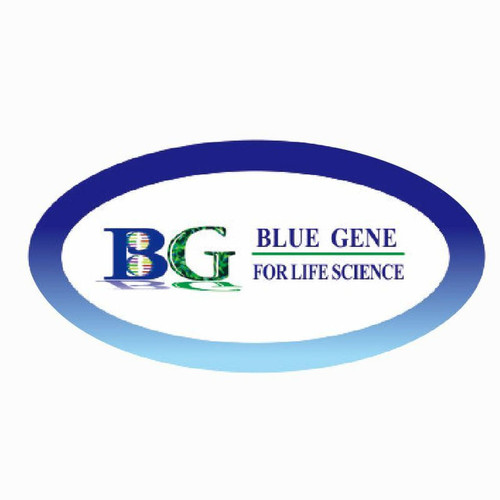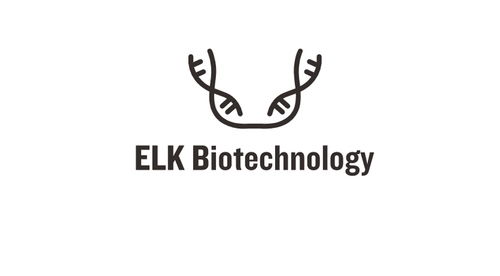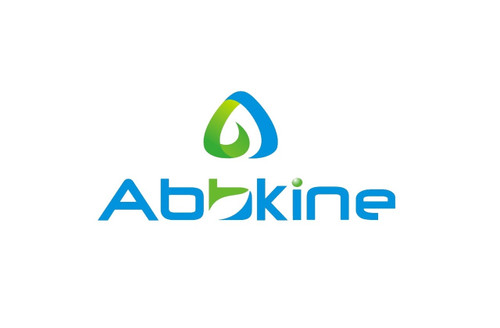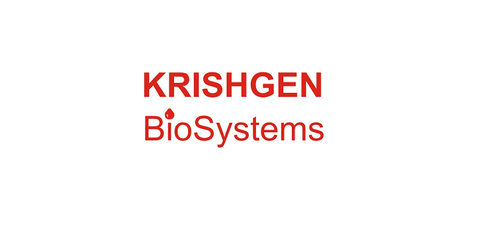Product Description
Human Protein-tyrosine kinase 6 (PTK6) ELISA Kit | AE25169HU | Abebio
Species Reactivity: Human (Homo sapiens)
Abbreviation: PTK6
Alternative Name: BRK; FLJ42088; breast tumor kinase|protein-tyrosine kinase BRK
Application: ELISA
Range: 1.56-100 ng/mL
Sensitivity: 0.78 ng/mL
Intra-Assay: ≤5.6%
Inter-Assay: ≤9.6%
Recovery: 0, 9
Sample Type: Serum, Plasma, Other biological fluids
Detection Method: Sandwich
Analysis Method : Quantitive
Test Principale: This assay employs a two-site sandwich ELISA to quantitate PTK6 in samples. An antibody specific for PTK6 has been pre-coated onto a microplate. Standards and samples are pipetted into the wells and anyPTK6 present is bound by the immobilized antibody. After removing any unbound substances, a biotin-conjugated antibody specific for PTK6 is added to the wells. After washing, Streptavidin conjugated Horseradish Peroxidase (HRP) is added to the wells. Following a wash to remove any unbound avidin-enzyme reagent, a substrate solution is added to the wells and color develops in proportion to the amount of PTK6 bound in the initial step. The color development is stopped and the intensity of the color is measured.
Product Overview: Tyrosine-protein kinase 6 is a cytoplasmic nonreceptor protein kinase which may function as an intracellular signal transducer in epithelial tissues. Overexpression of this gene in mammary epithelial cells leads to sensitization of the cells to epidermal growth factor and results in a partially transformed phenotype. Expression of this gene has been detected at low levels in some breast tumors but not in normal breast tissue. The encoded protein has been shown to undergo autophosphorylation. The deduced 451-amino acid polypeptide sequence was composed of 3 domains: an SH3 domain, an SH2 domain, and a catalytic domain. The sequence of BRK, unlike that of SRC, does not include an N-terminal myristoylation domain.
Stability: The stability of ELISA kit is determined by the loss rate of activity. The loss rate of this kit is less than 5% within the expiration date under appropriate storage condition. The loss rate was determined by accelerated thermal degradation test. Keep the kit at 37°C for 4 and 7 days, and compare O.D.values of the kit kept at 37°C with that of at recommended temperature. (referring from China Biological Products Standard, which was calculated by the Arrhenius equation. For ELISA kit, 4 days storage at 37°C can be considered as 6 months at 2 - 8°C, which means 7 days at 37°C equaling 12 months at 2 - 8°C) .
 Euro
Euro
 USD
USD
 British Pound
British Pound
 NULL
NULL












